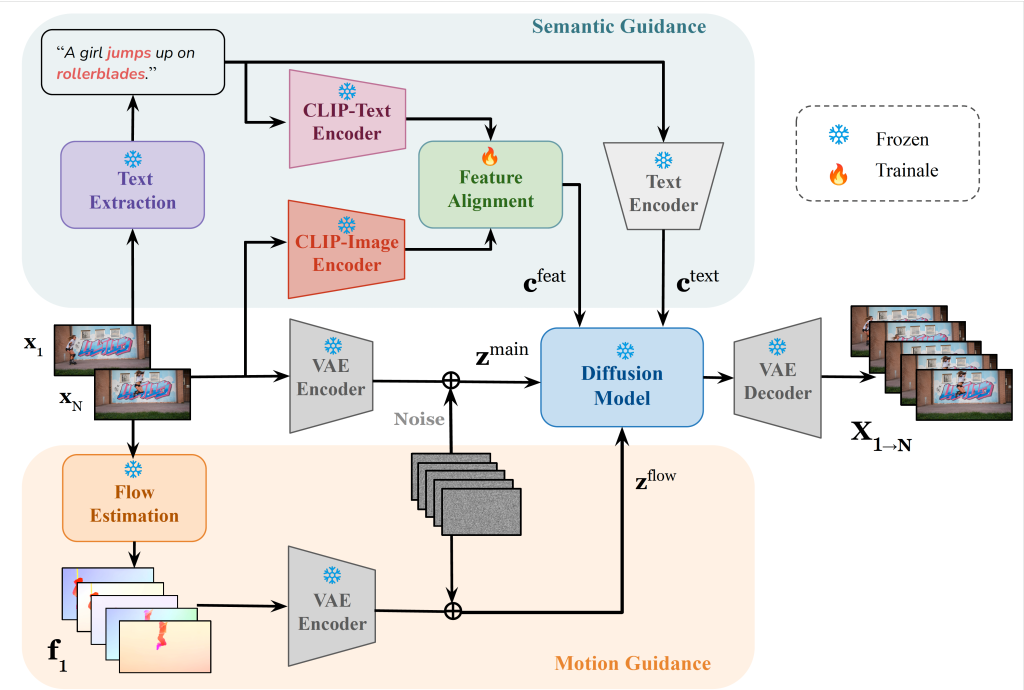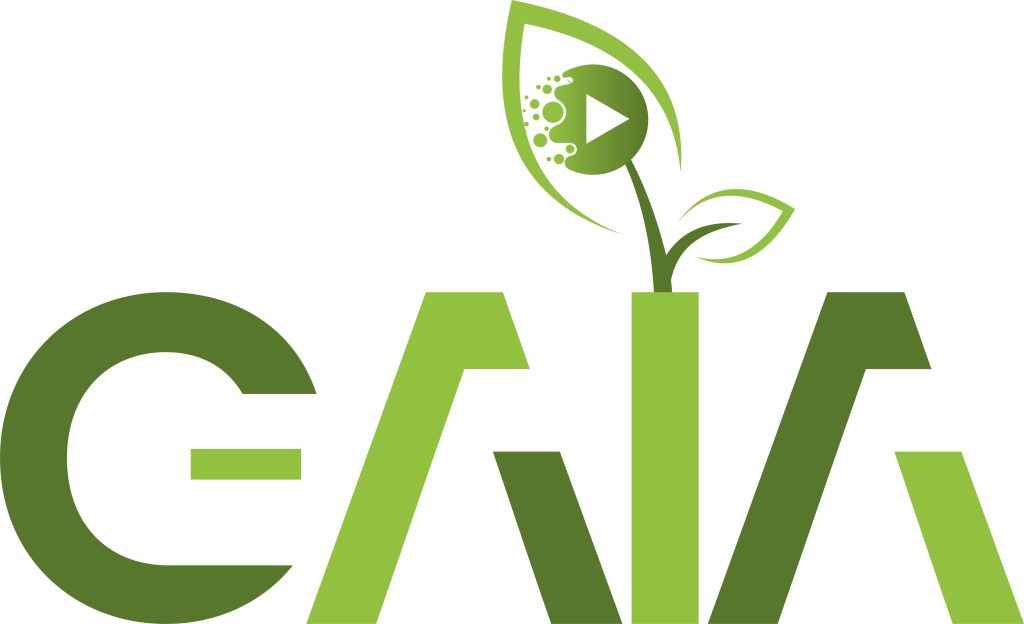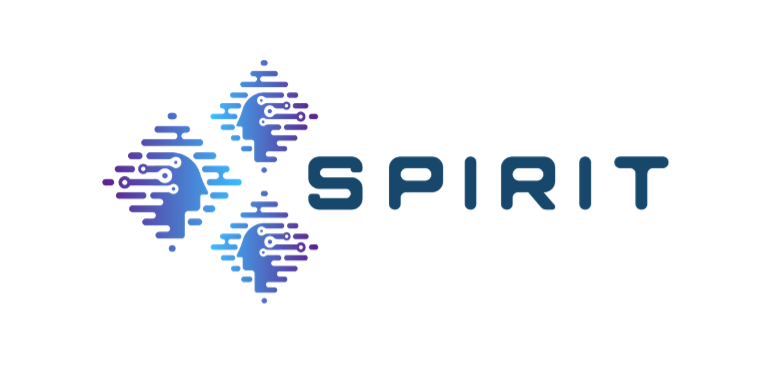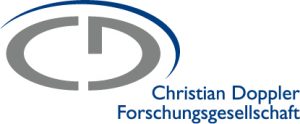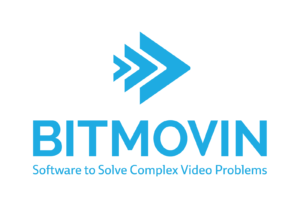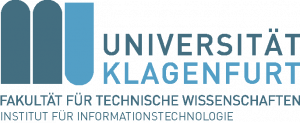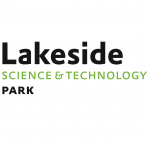Perceptual Quality Optimization of Image Super-Resolution
2026 IEEE International Conference on Acoustics, Speech, and Signal Processing (IEEE ICASSP 2026)
4 – 8 May, 2026
Barcelona, Spain
[PDF]
Wei Zhou, Yixiao Li, Hadi Amirpour, Xiaoshuai Hao, Jiang Liu, Peng Wang, Hantao Liu
Abstract: Single image super-resolution (SR) has achieved remarkable progress with deep learning, yet most approaches rely on distortion-oriented losses or heuristic perceptual priors, which often lead to a trade-off between fidelity and visual quality. To address this issue, we propose an \textbf{Efficient Perceptual Bi-directional Attention Network (Efficient-PBAN)} that explicitly optimizes SR towards human-preferred quality. The proposed framework is trained on a newly constructed SR quality dataset that covers a wide range of state-of-the-art SR methods with corresponding human opinion scores. Using this dataset, Efficient-PBAN learns to predict perceptual quality in a way that correlates strongly with subjective judgments. The learned metric is further integrated into SR training as a differentiable perceptual loss, enabling closed-loop alignment between reconstruction and perceptual assessment. Extensive experiments demonstrate that our approach delivers superior perceptual quality.

